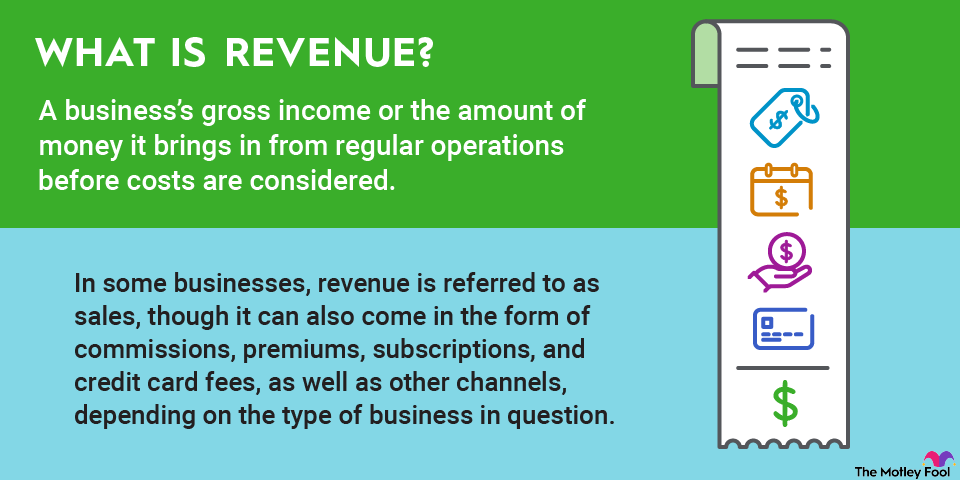A registered investment advisor -- sometimes abbreviated as “RIA” -- is a firm qualified to dispense financial advice and/or manage money for clients. The main difference between an RIA and a broker-dealer is that an RIA is bound by a fiduciary standard; in other words, an RIA must always place the interests of its clients ahead of its own interests.
RIAs are registered with the Securities and Exchange Commission (SEC) or state securities administrators, depending on their asset levels. Some RIAs don’t manage money at all, however, but may provide services to clients on an hourly or retainer basis.

What is a registered investment advisor?
An RIA is a firm that provides advice to clients about financial investments; it may or may not manage client portfolios at the same time. RIAs primarily exist to provide unbiased fiduciary guidance that aligns with their clients’ best interests, unlike large broker-dealers, which are not bound by the same standard of conduct.
Initially, the rules for RIAs were established by the Investment Advisers Act of 1940, which required firms that dole out financial advice to register with the SEC. Currently, an RIA is permitted -- but not required -- to register with the SEC if it manages more than $25 million in assets. Registration becomes mandatory if an RIA manages at least $100 million in assets. RIAs dealing with lower asset values have a requirement to register in the state or state(s) in which they operate.
The responsibilities of an RIA generally include broad financial planning, retirement planning, estate, and trust advice, wealth and investment management, and even more basic activities like budgeting and debt management. RIAs also bill clients in a variety of ways, including by asset level (if the RIA manages the client’s portfolio) and/or hourly (if the client is comfortable managing their own money).
Above all, while broker-dealers have to follow only a baseline suitability standard, RIAs are committed to a higher fiduciary standard that tends to work in clients’ favor.
RIAs are committed to a high fiduciary standard that tends to work in clients’ favor.
Why do registered investment advisors matter?
RIAs tend to be significantly more aligned with client interests than most large broker-dealers. This reveals itself not only in the legal paperwork they’re required to abide by, but also in the varying fee structures an RIA may offer. Unlike broker-dealers, RIAs may offer advice on an hourly or retainer basis, which can be more cost-effective and more aligned with client incentives than a commission-based sales model or broad assets under management (AUM) model.
Assets Under Management (AUM)
For further transparency to the public, RIAs are required to fill out a Form ADV -- a legal document that gives detailed information about firm structure, services offered, fees, and client types. This advance (and public!) knowledge about a particular firm can be especially useful to a prospective client attempting to differentiate one firm from another.
Registered investment advisors in the real world
Compared to broker-dealers, RIAs are required to act as fiduciaries for their clients. Large financial institutions -- many of which are some of the biggest banks in the world -- may be tempted to sell clients products and services that generate large commissions (and are theoretically suitable) but may not be in those clients' best interests.
This conflict of interest permeates much of the brokerage world and ultimately tests the fiduciary standard that RIAs routinely uphold.
RIAs are known not only to be more objective than broker-dealers but also to provide greater access to financial advice. For instance, a first-time financial planning client may not have the assets or financial acumen to pique the interest of large broker-dealers, but some RIAs may work with such a person for an hourly rate or a flat fee. This helps widen access to financial advice at a time when financial illiteracy is all too common.
RIA employees tend to work more as financial coaches or independent consultants than as outright salespeople. The idea that you can receive objective fiduciary guidance without fear of constant sales pitches is appealing to many investors, which is why RIAs play such a key role in the financial planning marketplace.


















